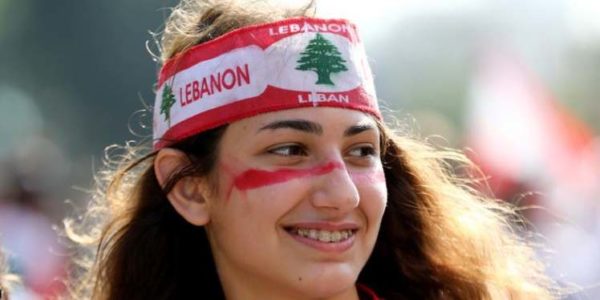
Lebanon’s grand mufti, the top cleric for Sunni Muslims, called on Saturday for the formation of a new emergency government of technical experts and for those in power to meet protesters’ demands.
The country is in political and economic turmoil after three weeks of nationwide protests that prompted Prime Minister Saad al-Hariri to resign last week.
“The time has come to meet the people’s demands and the national free will that transcends sects, political parties, and regions,” Grand Mufti Sheikh Abdul Latif Derian said in a televised address on the occasion of Prophet Mohammed’s birthday.
“The time has come and is opportune, after this national wake-up call, for the reform process to begin and for those in power to form an emergency government made up of competent people, without delay,” Derian said.
It is time “to immediately proceed with carrying out the reform package prepared by Prime Minister Hariri to solve the country’s problems”, he added.
Maronite Patriarch Bechara Boutros Al-Rai, Lebanon’s top Christian religious authority, has also called for a change in government to include qualified technocrats.
Before he stepped down, Hariri agreed a package of reforms with partners in the coalition government aimed at easing an economic crisis that sparked the unprecedented protests against the sectarian ruling elite.
The plans included a 50% reduction in the salaries of current and former officials and $3.3 billion in contributions from banks to achieve a “near zero deficit” for the 2020 budget.
But Lebanese politicians have yet to make progress towards agreeing a new government to replace one that was toppled.
The country’s power-sharing system is based on 18 recognized religious sects and dates back to French colonial rule. It allocates posts for each of the country’s communities, forming forming the basis of its major political parties and creating a delicate balance between Christians, Sunni and Shi’ite Muslims and other groups.
REUTERS

Leave a Reply
You must be logged in to post a comment.